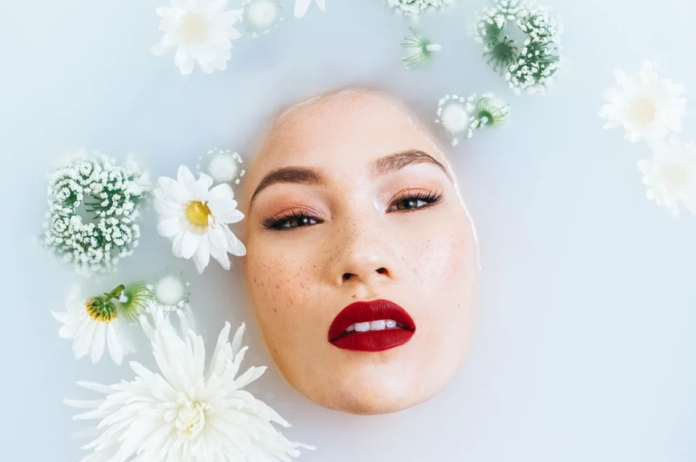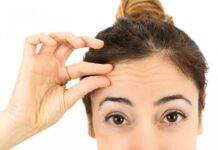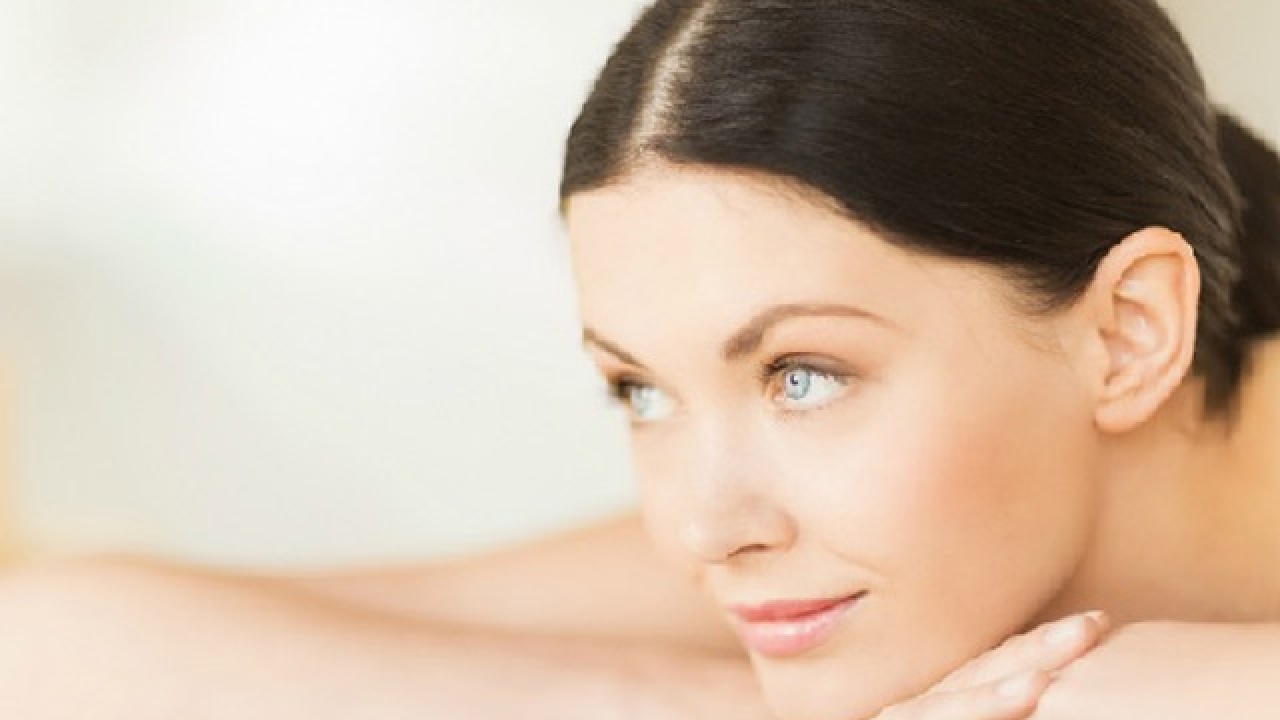Skincare is a huge industry worldwide. Everyone has their own opinions on what you should be doing to take care of your skin, and everyone thinks their regime is the most effective routine. Building a skincare routine is a very personal process because you need to listen to what your skin needs. There is, however, a skeleton of sorts that is the backbone of every routine out there.
The different skincare regimes across the world add to this routine, but it all boils down to just a few foundational steps. As long as you have these basics down, you can rest assured that you’re taking good care of your skin. Let’s find out the basics!
Cleansing
Cleansing is the process of removing dirt and oils from your skin. This is the first step you have to take to ensure that it is clean and healthy. The main job of the cleanser is to remove all the nasty stuff that has built upon the surface of your skin. It can also moisturize, treat acne, spots, clear pores, and soothe your skin, depending on the formulation.
Cleansers come in different forms as well. You can get bar soaps, foam cleansers, oil cleansers, powder cleansers, and more. The type of cleanser you get and what you use it for depends on what you want to achieve. If your skin produces a lot of oil, or if you live in an excessively humid environment, choose a foam cleanser. Oily skin types can choose moisturizing gel cleansers.
Moisturizing
Moisturizing is the essential second step of any skincare routine. The Korean beauty regime divides this step into multiple smaller steps with essences, serums, facial oils, and creams. However, they all do the same primary job of hydrating your skin, so it looks plumper and healthy. This is also the step in which you usually introduce actives to target specific problems.
Actives are ingredients that target skin issues like acne, blemishes, pigmentation, pore issues, and spots. Remember to do your research on actives because many need precautions. For example, you shouldn’t use Vitamin C with Niacinamide as it can give your complexion a yellowish tinge. If you use retinol, known for increasing cell turnover for anti-aging effects, you shouldn’t use AHAs as both are exfoliants, and you could end up with irritated, inflamed skin. Always refer to trustworthy sites like RewindGuide.com for recommendations on creams and lotions you can use.
Sunscreen
Sunscreen is the final step of any skincare routine, and you cannot go without it. Sunscreen protects your skin from harmful UV radiation that can cause premature aging, fine lines, wrinkles, sun spots, and even cancer. Melanomas are very dangerous and potentially life-threatening, so make sure you always apply a broad-spectrum sunblock with at least 30 SPF when you go out.
If you’re using actives, it is doubly important to protect your skin from the sun. Actives can make your skin vulnerable to sun damage, and some increase the chances of sunburn too. Remember to use sunblock on all skin exposed to the sun, not just the face! The skin on your hands, legs, and feet can also suffer from sun damage, so make sure to protect them too.
Optional Steps
Toner
Toners go on after cleansing and before moisturizing. The toner’s job is to prepare your skin to imbibe all the goodness from your moisturizers. Many people report that using toners extends the effectiveness of their moisturizers. You can also use toners with actives if you don’t want to use actives in your cleansing or moisturizing products. Glycolic and mandelic acid toners have become very popular for their skin-clearing properties as a weekly treat to your skin.
Exfoliation
Many think exfoliation should be a part of your routine at least once a week. Exfoliation products remove the top dead layer of your skin so that the new skin underneath can show through. You have the option of using either physical exfoliators like scrubs or chemical exfoliators like chemical peels.
The advantages of physical exfoliators are that you can even make them at home using used coffee grounds or sugar. However, scientifically formulated chemical exfoliators are generally more effective and give more visibly impressive results. Whether you use physical or chemical exfoliators, you should definitely consider including this step into your skincare routine to get that glow you see after expensive facials at a spa!

















